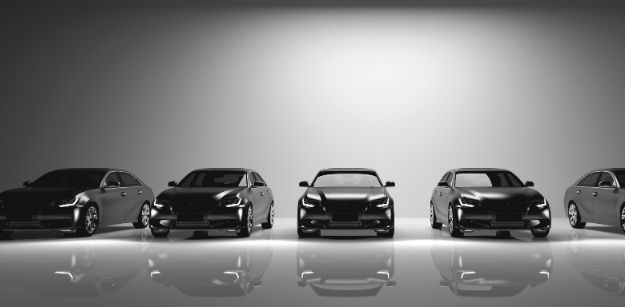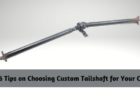Buying a car is not an easy task. In fact, it will probably be one of the largest purchases you will make, not taking into consideration a house. This is why you need to make sure you are making the right decisions and getting the best option your money can buy.
After thoroughly searching for a mark and model that suits your needs and budget, it’s time to visit the dealers and secure the purchase. Keep in mind that, with both new and used cars, prices can vary quite significantly, which is why it is recommended you talk to a few dealers and explore your options before deciding where to purchase your car from.

To help you get the best offer, below is a list of questions you should ask the dealer before even considering to seal the deal.
Can you tell me more about the car’s safety features?
Safety is crucial for a vehicle, and with new car models come better, more reliable safety features that you need to become knowledgeable about. What’s more, car manufacturers may have different names for certain safety systems, which can lead to confusion, so make sure you discuss this with your dealer.
Do your due diligence and research these features before your trip to the dealer, so that you can ensure you get the technology you want with your new car. If you are not sure about any of these features, the dealer should be able to explain what they do and why they are important. Feel encouraged to ask them any question that can help you make an educated choice.
What other features does this model provide?
Besides safety technology, vehicles come with an array of features that may or may not suit you. While some of these features and add-ons can make driving the car easier and more comfortable, others are just there to add to the price. Make sure you actually need the features on the care you are about to purchase, and you are not just persuaded into picking something you don’t actually need or want.
The type of features you need is going to depend on various factors, such as the purpose of the car, your lifestyle, and more. Make sure you assess your needs very clearly beforehand so that you know exactly what type of add-ons are going to provide real benefits.
Can I take this car for a test drive?
It is recommended you take the car for a test drive before you consider signing on the dotted line, to ensure the vehicle actually suits your needs and driving style. Ask the dealer whether you can take the car you plan on purchasing for a test drive.
If you plan on buying a used car, test the exact vehicle you intend to purchase. If the car is new, ask the dealer if they have a used version you can test. All cars drive nicely when they are brand new, but you want to understand how the vehicle is going to behave after driving it for a while.
When you take the car for the test drive, make sure you do so in the environment you would normally drive it. If you do a lot of driving on the highway, for example, ask the dealer if you can get the car out there.
Is the price negotiable?
For new cars, manufacturers usually suggest an approximate retail price, but that does not mean dealers can’t change it. Many car buyers research the Manufacturer Suggested Retail Price (MSRP) before purchasing the car, but what you should be looking for is the car’s invoice price. This is the price the dealer paid for the car and should give you an idea of the actual value of the vehicle.
Once you have that amount figured out, you can start negotiating the price with your dealer. Usually, with the incentives factored in, you should be able to cut a good deal that is way under the MSRP price. Look outside your area as well, as dealers form other regions may have better prices. For example, buying a car form a Ford dealership StLouis MOmay turn out to be a better deal than buying one from a dealer in Kansas MO, even if you have to factor in travel expenses as well.
Does your warranty cover maintenance?
Regardless of the car is a new or used one, you should be able to discuss warranty options with your dealer. Ask about the type of warranty available for the car, as well as what it covers. Besides the initial price of the car, you need to factor other expenses such as maintenance, fuel, and other components that need to be replaced regularly, including filters and fluids.
It is important you determine exactly what the warranty covers so that you know what to expect when you need to come in for maintenance checkups after 2,000-3,000 miles.
The warranty has a limited life, so even if maintenance is covered for the first 20,000 miles, you will still need to know what to expect after the warranty expires. Ask the dealer about maintenance costs so that you have a better idea of the overall cost of ownership.
Do you offer trade-in programs as well?
Some dealers can take your current car as a trade-in and offer discounts for the car you plan on buying. This saves you the hassle of having to find a buyer for your old car and you will get a much better price for the vehicle you are going to purchase.
Make sure to ask the dealer if they offer such programs, and if they don’t, try looking somewhere else as well. If you want a chance at a significant discount, look for a dealer that stocks cars similar to the one you are planning to trade in, as they will typically offer better prices.



